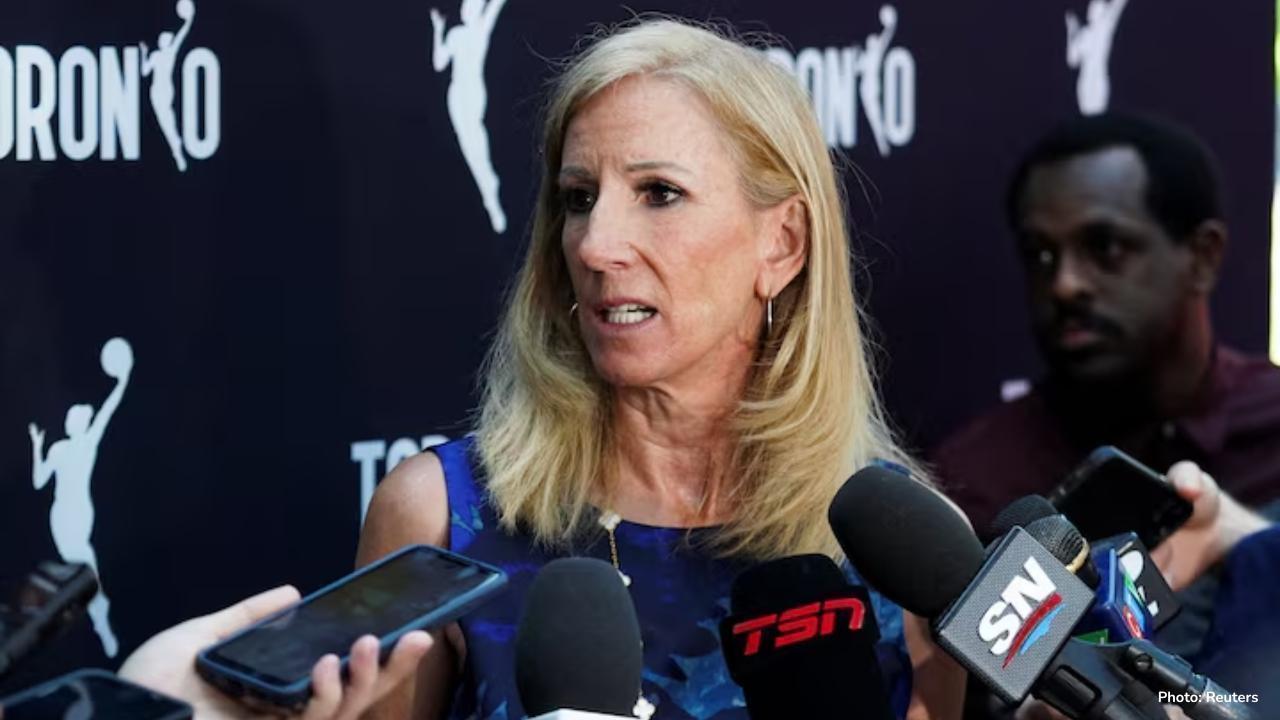
Post by : Monika
The WNBA is facing a challenging moment in its history as the league approaches a crucial point in negotiations with its players. On October 3, 2025, WNBA Commissioner Cathy Engelbert publicly addressed criticism from Minnesota Lynx star Napheesa Collier, who has also served as vice president of the WNBA Players Association.
Collier’s criticism came in response to what she described as a lack of sensitivity from league leadership during a controversial no-call in the final minute of the Lynx’s Game 3 semi-final against the Phoenix Mercury.
The no-call had frustrated players, fans, and analysts alike, raising questions about officiating and fairness in the league. Collier went further to say that the league’s response to player concerns had been “tone-deaf” and “dismissive”, expressing a feeling among players that their voices were not being fully heard.
This controversy has brought new attention to the WNBA as the league heads toward the expiration of its collective bargaining agreement (CBA) on October 31, 2025. With negotiations imminent, the relationship between the league’s leadership and its players is under intense scrutiny.
Engelbert’s Public Response
In response, Commissioner Engelbert issued a statement acknowledging that the league needs to do better in ensuring that players feel respected and valued. She said the WNBA is committed to making the league a place where players are listened to and supported. Engelbert stressed that rebuilding trust is vital, especially at a time when key decisions regarding salaries, benefits, and working conditions are being discussed.
Engelbert emphasized that the league values its players and is committed to creating a stronger partnership between players and management. She promised to work on improving communication, transparency, and responsiveness to player concerns. This statement was intended to reassure both players and fans that the league is aware of the criticism and intends to act.
Addressing Specific Claims
While Engelbert acknowledged the general criticism from Collier, she denied some specific allegations. Collier had reported that Engelbert told players they should be “on their knees thanking their lucky stars” for the league’s media rights deal. Engelbert clarified that this statement was inaccurate and strongly refuted it. She said emotions were high during ongoing CBA negotiations, but she continues to respect the players and their positions.
Despite this disagreement over specific claims, Engelbert said the league is taking Collier’s concerns seriously and recognizes that some players feel undervalued or unheard. She made clear that while the exact phrasing might have been disputed, the overall message is that the league will work to improve relationships and ensure players’ opinions are respected.
New Committee to Include Player Voices
To address player concerns more formally, Engelbert announced the creation of a new committee focused on the state of the game. This committee will review key issues including officiating, player safety, and communication between the league and players.
The goal of the committee is to give players a stronger voice in league decisions. Engelbert said this initiative is part of a broader effort to build trust and create an environment where players feel included in decisions that affect them both on and off the court.
League insiders suggest that this committee could play a key role in shaping policy changes, including improvements to game officiating, training programs, and health and safety protocols. Players hope that having a formal structure for their input will help prevent conflicts like the recent no-call controversy from happening again.
Player Support for Collier
Collier’s statements were quickly supported by other players. For instance, Indiana Fever star Caitlin Clark expressed agreement with Collier’s concerns about player treatment and league operations. Clark noted that improving communication and respect between leadership and players is essential, especially with negotiations for the next CBA approaching.
Other players also voiced support for Collier’s stance, indicating that these issues are widely felt among athletes across the league. Many players stressed that while they love playing in the WNBA, they want their concerns, opinions, and contributions to be treated seriously.
The Collective Bargaining Agreement and Its Importance
The WNBA’s collective bargaining agreement (CBA) is a critical document that governs salaries, benefits, working conditions, travel schedules, and other key aspects of professional life for players. The current CBA is set to expire on October 31, 2025, which has made the league a focal point for negotiations and potential disputes.
League’s Plan to Address Concerns
Public and Media Reaction
Media and fans have responded positively to Engelbert’s acknowledgment of the issues. Many analysts believe that the league’s reputation depends on how well it handles this situation. Public perception, player satisfaction, and fan engagement are all tied to trust between leadership and athletes.
While some critics remain cautious, noting that promises must be followed by action, most commentators agree that Engelbert’s response is a step in the right direction. By addressing both general concerns and implementing a formal committee, the WNBA shows it is serious about improving relationships with players.
The Role of Leadership in Sports Leagues
This situation underscores the importance of strong, transparent leadership in professional sports. Commissioners and league officials must balance the interests of players, teams, and fans while ensuring fairness and maintaining public trust.
In high-stakes leagues like the WNBA, miscommunication or perceived neglect can quickly escalate into public criticism. Engelbert’s handling of Collier’s statements will likely serve as a case study for leadership and crisis management in sports administration.
Looking Ahead to Negotiations
With the CBA deadline approaching on October 31, the league and players will soon engage in formal negotiations. Collier and other players have signaled that they will push for meaningful changes.
The outcome of these negotiations will have a lasting impact on the WNBA, shaping player experiences and the league’s reputation for years to come.
The WNBA is at a pivotal moment. Napheesa Collier’s public criticism has drawn attention to gaps in communication and trust between players and league leadership. Commissioner Cathy Engelbert’s response, including acknowledgment of the need to “do better” and the creation of a new committee, shows the league is taking steps to address these concerns.
Players are watching closely, and the success of these efforts will depend on follow-through. As the league heads toward the expiration of its collective bargaining agreement, meaningful dialogue, respect for player voices, and clear action will be essential for maintaining the WNBA’s growth, reputation, and credibility.
If Engelbert and the league can implement these changes effectively, the WNBA may emerge stronger, with improved player satisfaction, better trust, and more engaged fans. The coming weeks will be critical in determining the relationship between league leadership and the players who make the WNBA a competitive and exciting league.






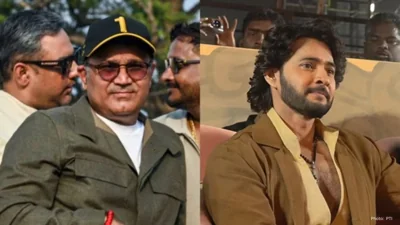
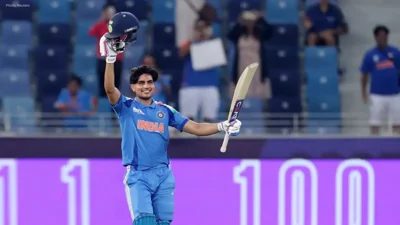


Dhurandhar Surpasses 800 Crore Mark at the Box Office
Ranveer Singh's Dhurandhar rakes in ₹800 crore globally, with the hit song Shararat captivating audi

Kriti Sanon Discusses Her Complex Role in Tere Ishk Mein
Kriti Sanon initially found her role in Tere Ishk Mein negative but grew to understand and appreciat

Release of 130 Students From St Mary’s Catholic School Marks Hopeful Turn in Nigeria
Nigerian authorities announce the release of 130 students from St Mary’s, ensuring no pupil remains
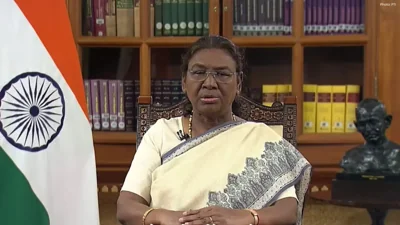
President Murmu Endorses SHANTI Bill to Propel Nuclear Energy Expansion
President Droupadi Murmu endorses the SHANTI Bill, facilitating private sector involvement in nuclea
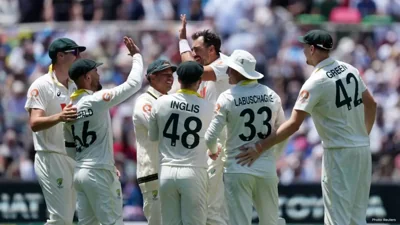
New Zealand Claims Test Series with Decisive Victory Over West Indies
New Zealand triumphed over West Indies by 323 runs in the final Test, securing a 2-0 series win with

Centre Affirms Protection for Aravalli Hills Amidst Mining Concerns
Government asserts over 90% of Aravalli hills remain protected, dismissing mining concerns as misinf